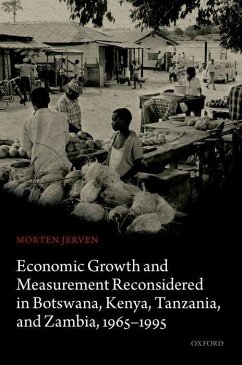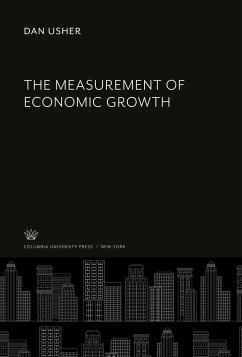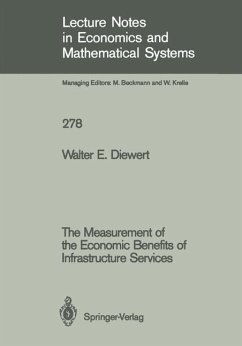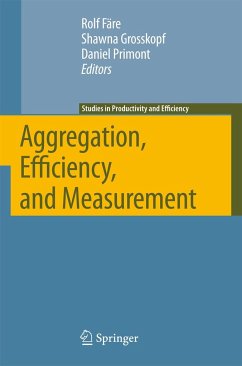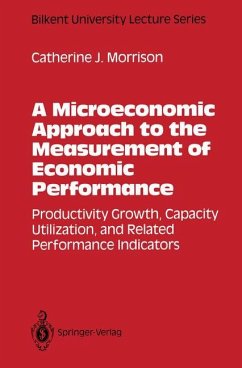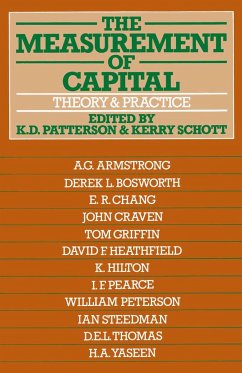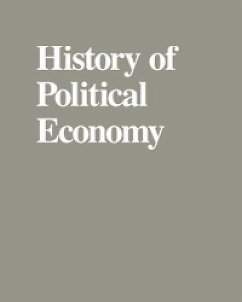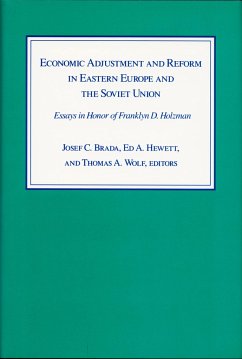Nicht lieferbar
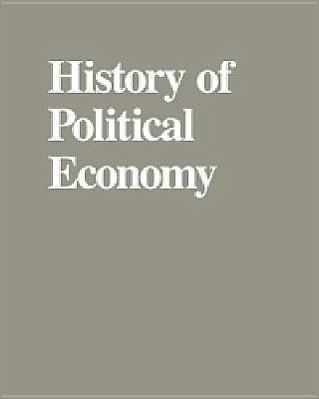
The Age of Economic Measurement
2001 Supplement
Herausgeber: Klein, Judy L; Morgan, Mary S
Versandkostenfrei!
Nicht lieferbar
The 20th-century could be justifiably called the age of measurement, yet few scholars have looked at the development of measurement and its impact on economics. What accounted for the emergence and establishment of economic measurement as a critical component of modern economics? What questions and problems created the drive to measurement, and how have economists reacted to the changing status of numbers in their field? The eleven essays presented here include the work of William Stanley Jevons, Irving Fisher, Lucien March, Wassily Leontief, Richard Stone, and A.F.W. Crome, as well as discuss...
The 20th-century could be justifiably called the age of measurement, yet few scholars have looked at the development of measurement and its impact on economics. What accounted for the emergence and establishment of economic measurement as a critical component of modern economics? What questions and problems created the drive to measurement, and how have economists reacted to the changing status of numbers in their field? The eleven essays presented here include the work of William Stanley Jevons, Irving Fisher, Lucien March, Wassily Leontief, Richard Stone, and A.F.W. Crome, as well as discussions of events connected with the Federal Reserve Bank and the US Bureau of Labour Statistics. In addition, four perspectives placed throughout the volume consider the paths just covered and the vistas that lay ahead. The Age of Economic Measurement is the 2001 supplement to the journal History of Political Economy. All 2001 subscribers will receive a copy as part of their annual subscription.




